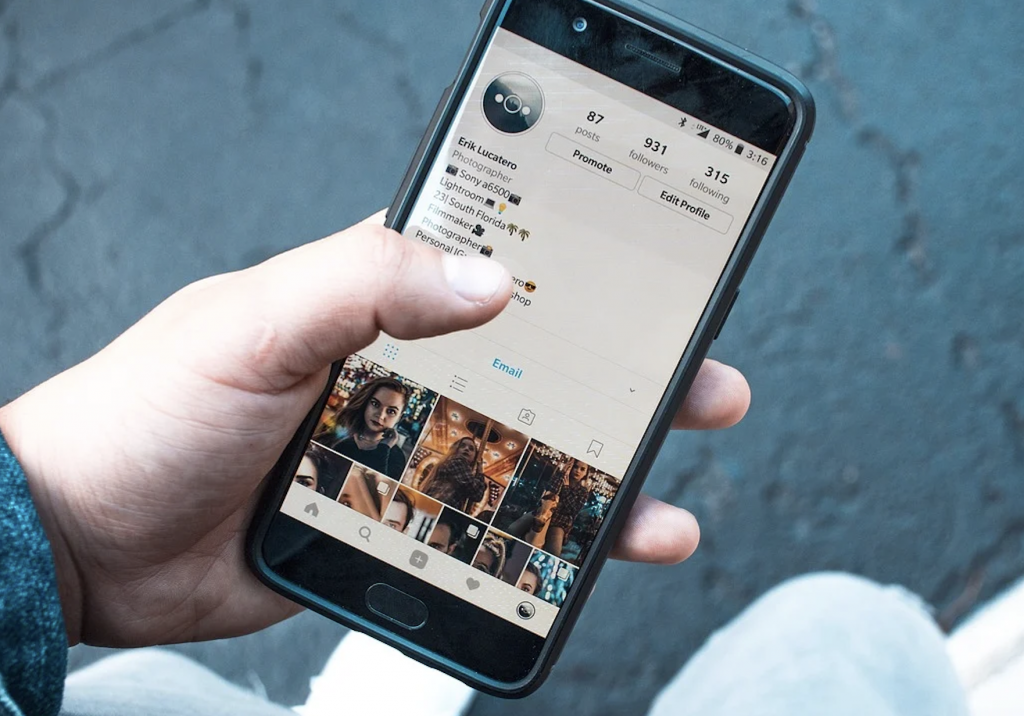Social Media Now Being Moderated By The Law?
Social media regulations are changing in a major way in one US state.
This article is more than 2 years old

Back in September of last year, Texas Governor Greg Abbott signed House Bill 20 or HB 20 into Texas law which impacts the way major social media apps are censured, monitored, and held accountable for information being posted online. The Computer and Communications Industry Association (CCIA) along with Netchoice filed suit in federal court arguing the new social media law, HB 20 was unconstitutional and on December 1, 2021, a federal judge agreed with the ruling and blocked Texas from enforcing the new law.
According to The Verge, the very controversial social media bill ruling was overturned today by the U.S. Appeals court and is effective immediately in Texas. It does grandfather past monitoring and censoring on any social media platform with over 50 million active users and only applies to the state of Texas. The newest social media law, HB 20 states, that the largest U.S. social media companies may not censor a user, a user’s expression, or a user’s ability to receive the expression of another person based on the viewpoint of the user or another person. The new social media law only applies to active users who do business in, reside in, or share or receive expressions in Texas.
The newest Texas social media law is also requiring major social media platforms to share how they are moderating content and will require these sites to provide transparency reports similar to what is being provided today by Google and Facebook. If platforms are notified of illegal content, the law requires that they evaluate it within 48 hours. Any of these social media platforms that break the rules could face civil lawsuits or action from the Texas Attorney General. The new HB 20 law, applies to all web services that let people communicate with other users for the primary purpose of posting comments, messages, images, or information. The new bill, however, does exclude internet service providers, entertainment news, and other new sites. Hb 20 also includes a section specifically targeted toward email platforms, which now makes it unlawful to block or internationally impede the transmission of an email unless the company believes it is malicious or contains illegal or obscene content, or violates the current existing Texas anti-spam laws.
Critics of the new Texas social media law have pushed for it to be shot down as it is against the First Amendment rights of private companies. Scott Wilkens, the senior staff attorney with Knight First Amendment Institute stated, “Texas’s law violates the First Amendment because it compels social media companies to publish speech they don’t want to publish.” Wilkens continued with concerns after the ruling was made, “Worse, the theory of the First Amendment that Texas is advancing, in this case, would give the government broad power to censor and distort public discourse.”
HB 20 has the potential to bar sites such as Twitter, Facebook, Yelp, Reddit, Tinder, and various other major social media platforms from enforcing community standards. The rules apply not only to banning users or removing content, but to discriminate against content, which the Knight Institute suggests possibly including fact-checking notes, other labels, or visible comments that are about to send a tidal wave across the land of the internet, even if it is later overturned in Texas.











